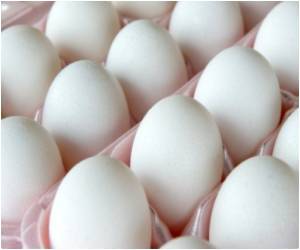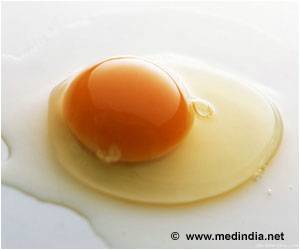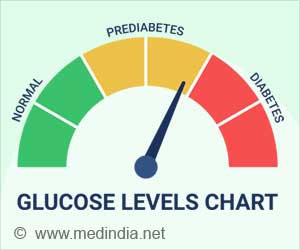Increased frequency of eating eggs in infancy associated with decreased egg allergy later on.
- Increased frequency of eating eggs in infancy can decrease egg allergy later
- Egg allergy is the second most common food allergy throughout the world
- Children should be introduced to egg at the age of one to avoid egg allergy at 6 years
TOP INSIGHT
Early introduction of egg during infancy, followed by consistent and frequent feedings, seems protective against development of egg allergy.
About 1379 participants had complete food allergy data to 6 years.
“We found that children who hadn’t had egg introduced by 12 months were more likely to have egg allergy at 6 years.”
14 of 2237 surveys (0.6%) reported egg allergy at one year and 11 of 1379 surveys (0.8%) reported egg allergy at 6 years.
Children with egg allergy at 1 year-old and 6 years-old had less frequent egg consumption at 5, 6, 7 and 10 months of age.
“Current evidence suggests that early introduction of egg during infancy, followed by consistent and frequent feedings, seems protective against development of egg allergy. We are still investigating optimal timing of infant egg introduction and frequency of feeding.”
Source-Eurekalert
 MEDINDIA
MEDINDIA




 Email
Email










